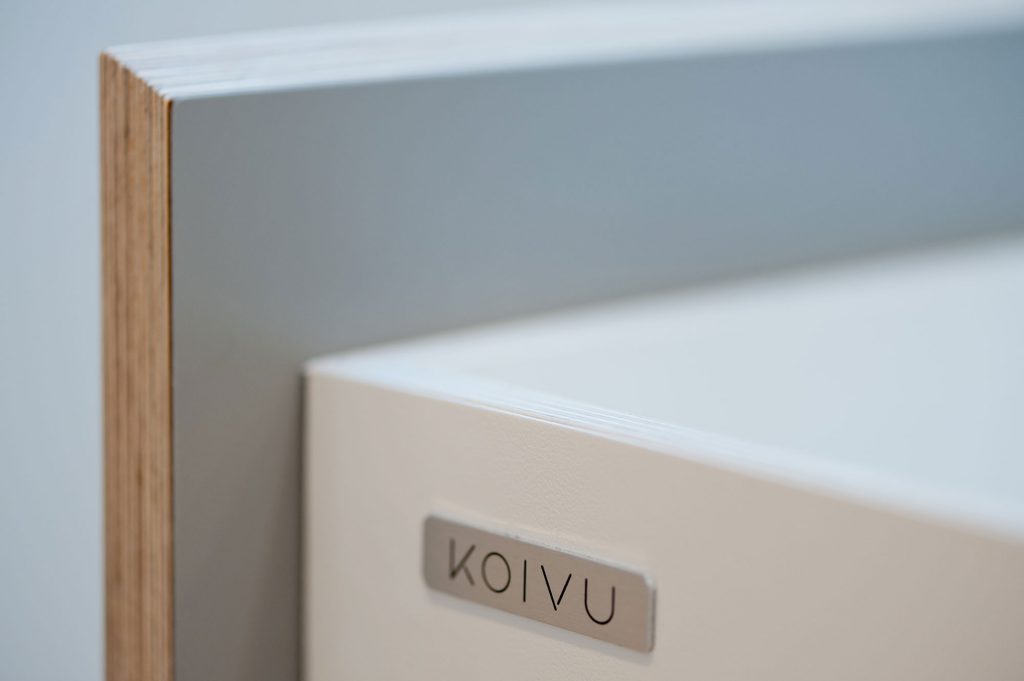How can you choose a more sustainable kitchen?
Did you know, that the average lifespan for a kitchen is seven years? SEVEN years!
By lifespan we mean before it gets worn out, before its owners simply get bored and decide they’d like a change, or before new homeowners decide they want to make their own mark. And what happens to an old kitchen when it’s ripped out?
It’s a sad fact that a large proportion of kitchen materials and appliances will simply go to landfill. While it is possible to recycle at least the wooden elements of a kitchen, removing laminate and the many metal and plastic parts can often prove too much for DIYers and even professionals who want to save time and cost on their renovation projects.
What do we mean by sustainable?
Sustainability is about avoiding the depletion of natural resources. It’s about protecting our beautiful planet and handing it down to our children’s children in a reasonable state. It’s about doing all we can to prevent the kind of environmental catastrophes we’re seeing across the globe: droughts, forest fires, floods, the rise of plastics in the oceans. If we don’t sit up and take notice soon it will be too late.
In the case of kitchens (and furniture in general) we need to start making more sensible choices. Choices that are based on quality and long-lasting style rather than faddy trends that will go out of fashion too quickly. Ultimately, choices that will reduce the amount of waste we’re sending to landfill.
How can you do your part?
When it comes to choosing a new kitchen there is plenty you can do:
- Ask questions about where the materials are coming from to produce the core of your kitchen. There are plenty of great options on the market today. A Koivu kitchen is made from Finnish birch plywood that is farmed sustainably and subject to a constant replanting process.
- Find ways to increase the longevity of your kitchen. This could mean choosing high quality, solid carcasses that will last and last. And if, years down the line you do want a change, it could be that you can simply change your doors to reduce waste and inject a fresh new look. Koivu kitchens are guaranteed for 25 years thanks to the quality of the materials we use. This means they can be reused and even resold when the time comes for a change. It’s time we move away from this mindset of consumerism – that’s why we build our kitchens to last.
- Choose products that help to reduce VOCs. Volatile organic compounds (or VOCs) are emitted from many materials and products within our homes, particularly when we introduce new furniture, paints, carpets or appliances. In the environment they’ve been found to increase the levels of ozone in the atmosphere and even damage ecosystems, reducing crops and preventing healthy growth of plants. What’s more, they’ve been proven to be incredibly damaging to health in both the short and long term.
- The materials we use to build Koivu kitchens have been recently tested and shown to give off the lowest VOC emissions on the market today, making them a great choice for both the planet and our health.
- Select a kitchen design company that fits with your environmental ideals. There are many providers around now who value their eco-credentials and take real steps to make a difference. Here at Koivu we’ve donated £800 to date to a Woodland Trust scheme planting trees in the UK, to take account of the birch plywood that we use to manufacture our units. Because we believe that when we take from the planet we should make every effort to give back too.

So, what do you think? Does it matter whether your kitchen is sustainable?
We’ll leave that decision up to you. But in our opinion, we’ve reached the point where we must do every little thing we can. And we’re pleased to be able to do our bit, however small it may be.
If you have any questions about Koivu and our approach to creating sustainable kitchens, please don’t hesitate to get in touch.





